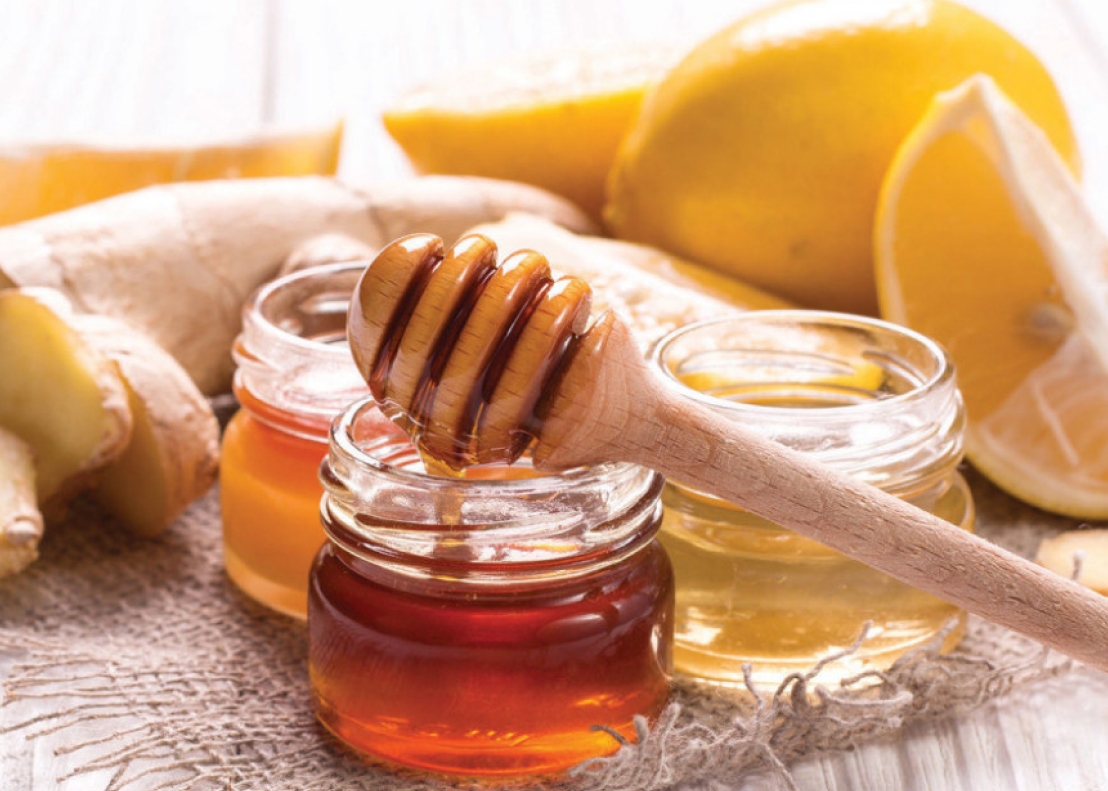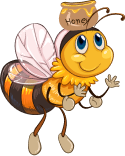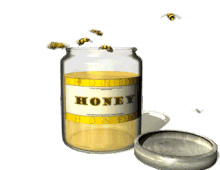Honey on brain health: A promising brain booster

Since ancient times, honey has been employed in many aspects of everyday life, the most popular of which is as a natural sweetener. Honey is used not only as a nutritional product but also in health as a supplement and in various applications, especially related to brain booster health. Brain health is the capacity to carry out all mental functions necessary for cognition, such as learning and judging, utilizing language, and recalling. This review presents the current trend of research on honey, particularly the interest in underlying mechanisms related to brain booster health. A total of 34 original articles addressing brain health from the consumption of honey were analyzed. We identified four main brain health benefits, which are memory booster, neuroprotective effect, anti-stress, and anti-nociceptive potentials with the proposed underlying mechanism. A lot of attention has been paid to the role that honey plays in brain health research, with the goal of examining the link between honey and brain health as well as the mechanism underlying it, the findings from this review may be potentially beneficial to develop new therapeutic roles for honey to help determine the best and most promising to benefit and boost overall brain health.
1. Introduction
Honey has been employed in many aspects of everyday life - the most popular of which is as a natural sweetener (Dan et al., 2018). The majority of honey’s health benefits have been anecdotal, based on observations and generalizations with no scientific evidence. However, there has been a renewed interest in exploring honey’s potential health benefits in the previous decade (Azman et al., 2021). Honey is used not only as a nutritional product but also in health as a supplement. Various applications of this product also can be found especially related to brain health.
Brain health can be defined as preserving optimal brain integrity and mental and cognitive function at a given age in the absence of overt brain diseases that affect normal brain function (Wang et al., 2020). For people to be independent, to engage in the things that mean most to them, and to be able to participate in life, a healthy brain is essential. The word “brain health” has no accepted definition as of yet (Alchalabi and Prather, 2021). According to the Centers for Disease Control and Prevention (CDC), brain health is the capacity to carry out all mental functions necessary for cognition, such as the capacity to learn and judge, utilize language, and recall (Day and Friedman, 2009). The phrase “brain health” focuses on maintaining the best possible mental health and improving cognitive performance to help each person to achieve his functioning in the areas of cognition, emotion, psychology, and behaviors. “An ounce of prevention is worth a pound of cure.” In order to keep a healthy brain, one must have normal growth, adaptability, promote healthy habits, adapt to stress and adversity, and develop resilience to deal with the shifting demands of daily life (World Health Organization, 2022).
Since the beginning of time, honey has been utilized as a natural quick food. It is a viscous, sticky fluid that bees and other insects make from nectar gathered from flowers and use as nourishment. The type of bees and insects that gather the nectar, as well as the source flower from which it is obtained, are used to categorize honey (Yahaya et al., 2020). Honey is regarded as a healthy food with equal appeal for men and women of all ages (Bell, 2007). Honey does not require chilling, does not go rancid, and may be kept unopened at room temperature in a dry spot. Honey’s water activity ranges from 0.56 to 0.62, and its pH level is about 3.9 with a specific gravity of 1.34 (Hassapidou et al., 2006; Moniruzzaman et al., 2014). Honey contains 200 substances, and the physiochemical composition of different types of honey is summarized and shown in Table 1.




Comments : 0